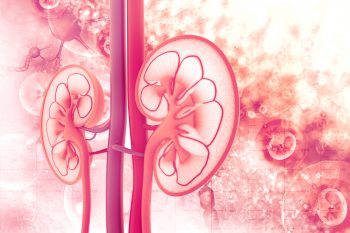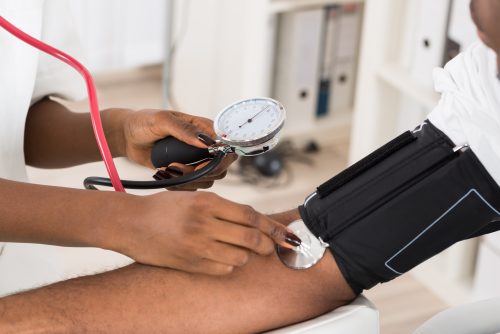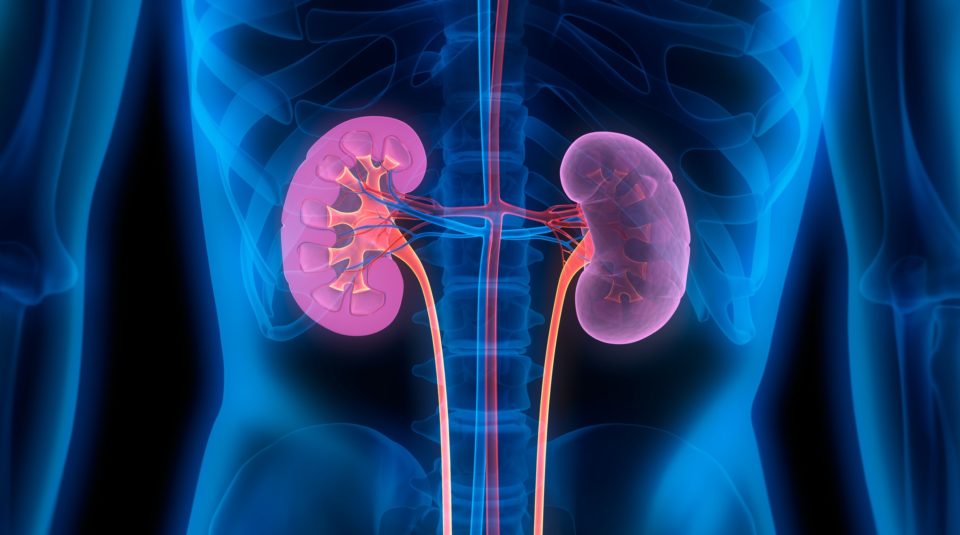
NKF Spring Clinical Meetings 2021
THE COVID-19 pandemic raised questions and concerns regarding immunosuppression management and outcomes in kidney transplant recipients with COVID-19 infection. Meredith McAdams, MD, and colleagues conducted a study of kidney transplant recipients with positive SARS-CoV-2 PCR testing who were seen in outpatient clinics or hospitalized at University and Parkland Hospitals in Dallas, Texas from March 1, 2021, to October 1, 2021.
Results of the study were reported during a virtual poster session at NKF Spring Clinical Meetings. The poster was titled COVID-19 and Kidney Transplant Recipients: Immunosuppression Management and Outcomes.
Eligible patients were followed for 90 days. The primary outcome of interest was a composite event of acute kidney injury (AKI), admission to the intensive care unit (ICU), or death. Univariate and multivariate backward selection logistic regression was used to identify risk factors for the primary outcome. Non-parametric methods were used to compare biomarkers based on changes in immunosuppressive drugs.
A total of 59 patients were included in the study. Of those, mean age was 51 years, 35 (59%) were male, 13 (22%) were Black, and 36 (61%) were Hispanic. Half of the cohort (n=29) had a baseline estimated glomerular filtration rate (eGFR) <60 mL/min/1.73 m2, 88% (n=52) had hypertension, and 56% (n=33) had diabetes. At baseline, 93% (n=55) were on calcineurin inhibitors (CNI) and 83% (n=49) on an antimetabolite. Ten percent (n=6) had been treated for acute rejection in the 12 months prior to baseline.
Initial ferritin level was higher in patients who had CNI dose decrease or discontinued than in patients with CNI unchanged (median, 1271 vs 283 ng/mL; P=.0002). Patients who discontinued CNI had significantly higher peak high-sensitivity C-reactive protein (hsCRP) values compared with patients who maintained the same dose (median, 344 vs 41 mg/L; P=.03).
There were 31 composite events, 43 hospitalizations, 13 admissions to the ICU, and 12 deaths. Fifty-two patients had creatinine values; of those, 56% (n=29) had AKI, with 35% (n=10) requiring renal replacement therapy. Of the patients with AKI, 46% (n=13) had recovery of AKI at 90 days, defined as serum creatinine within 10% of baseline. In the multivariate model, eGFR <60 mL/min/1.73 m2 and peak hsCRP remained associated with the composite event, with area under the curve =0.89.
In conclusion, the researchers said, “Over half of kidney transplant patients with COVID-19 had AKI and 73% required hospitalization. Elevated markers of inflammation were associated with changes in CNI regimen. An eGFR <60 mL/min/1.73 m2 and higher peak hsCRP were associated with increased risk of death, ICU admission, or AKI.”
Source: McAdams M, Xu P, AbdulRahim N, Hedayati SS. COVID-19 and kidney transplant recipients: Immunosuppression management and outcomes. Abstract of a poster presented at the National Kidney Foundation virtual Spring Clinical Meetings 2021 (Abstract #369), April 9, 2021.






 © 2025 Mashup Media, LLC, a Formedics Property. All Rights Reserved.
© 2025 Mashup Media, LLC, a Formedics Property. All Rights Reserved.